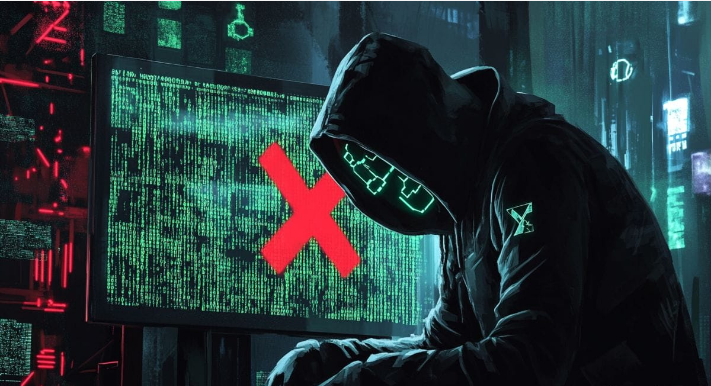On Monday evening, hackers seized control of an official OpenAI X account to disseminate a cryptocurrency fraud. The @OpenAINewsroom account, which typically shares OpenAI news with nearly 54,000 followers, posted about a “$OPENAI” token at approximately 7:00 p.m. ET. Subsequently, the post was removed.
“We are delighted to announce the launch of $OPEANAI, the token that serves as a bridge between blockchain technology and Al,” the post stated.
“All OpenAI users are entitled to a portion of $OPENAI’s initial supply.” Holding $OPENAI will grant access to all of our upcoming beta initiatives.
A link to a counterfeit OpenAI website was included in the tweet.

A member of the OpenAI security team sent an internal memo to employees prior to the press account compromise, informing them of an increase in account takeovers specifically targeting staff. Bloomberg also reported on the memo, which contained recommendations for enhancing account security.
OpenAI X Accounts Targeted in Crypto Scams Amidst Industry Losses
The Twitter accounts of the AI research firm have previously been the target of crypto-related frauds. OpenAI researcher Jason Wei’s account was exploited on Sunday to advertise a fraudulent $OPENAI token launch.
Jakub Pachocki, the Chief Scientist of OpenAI, and Mira Murati, the Chief Technology Officer, each encountered fleeting account takeovers.
The second-highest monthly loss in 2024 was $310 million, which resulted from a surge in cryptocurrency frauds in August. CertiK, a blockchain security firm, reported that $10.3m was recovered or returned, resulting in a net loss of $300.6m.
On July 18, the Indian exchange WazirX was the target of the most significant breach of the year, which resulted in a loss of over $230 million—86.4% of the month’s total.
Although this has not been officially validated, investigations indicate that North Korean cybercriminals were likely responsible for the attack.
